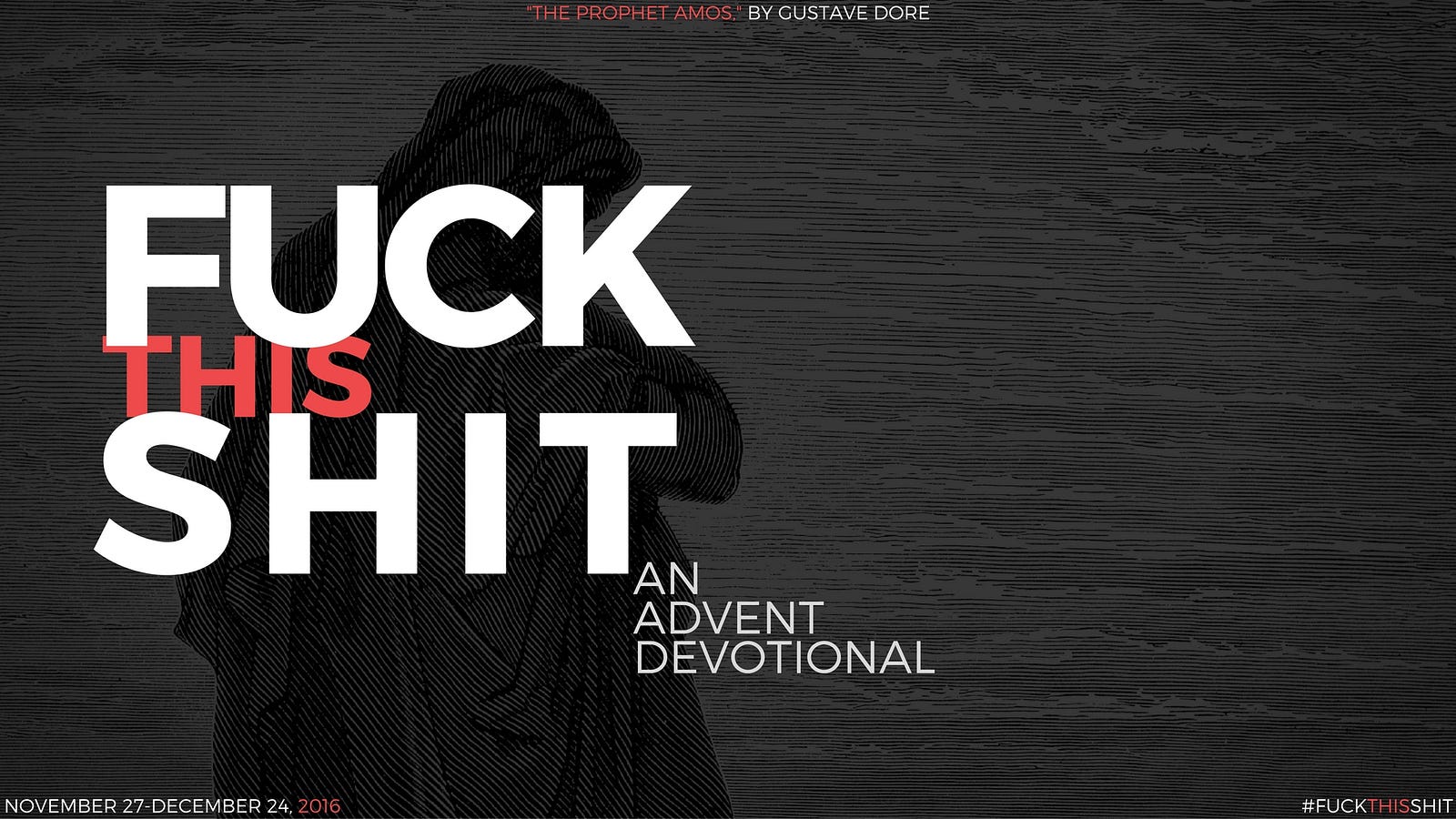As to the times and the seasons, my dear people, you have no need to have anything written to you. For you yourselves know that the day of the Lord will come like a thief in the night. When people say, "There is peace and security," then sudden destruction will come on them as labor pangs upon a woman with child, and there will be no escape. But you are not in darkness, my dear people, for that day to surprise you like a thief. For you are all children of light and children of the day; we are not of the night or darkness. So then let us not sleep, as others do, but let us keep awake and be sober. For those who sleep sleep at night, and those who get drunk get drunk at night. But, since we belong to the day, let us be sober, and put on the breastplate of faith and love, and for a helmet the hope of salvation. For God has not destined us for wrath, but to obtain salvation through our Lord Jesus Christ, who died for us so that whether we wake or sleep we might live with him. Therefore encourage one another and build one another up, just as you are doing.
--1 Thessalonians 5: 1-11
You can read Paul militaristically here, as many have done, but that would be a mistake. First, armor belonged to the Romans in Paul’s day, and to no one else. It would have been a symbol of oppression to Jesus’ audience, but not to Paul’s house churches. To them Rome was stability and protection that allowed them to be, in today’s terms, middle class. So this isn’t “Onward Christian Soldiers,” this is protection against barbarism, against disorder, against chaos.
Sound familiar?
But it wasn't something they longed for for themselves. The other difference is that Rome was not a democracy. The burden of government didn’t fall on the shoulders of Paul’s audience. Rome protected them, a protection they paid for with their fealty to Rome. Well, that and their taxes. But Rome protected them and if it couldn’t, there wasn’t much they could do themselves. Militarism or even modern fascism didn’t enter into it. Rome had soldiers, but it didn’t have “citizen soldiers.” Paul’s audience wasn’t offering their sons to Rome as warriors anymore than the wealthy do in America. So they understood this armor was entirely a moral matter, and a metaphorical one.
Morality was one of the pillars of Roman rule. (Again: sound familiar?) Paul here is subtly co-opting that Roman pre-emption. Rome was fine with your morality, so long as your morality didn’t conflict with Roman morality. Rome’s morality was backed by military might; but notice what Paul’s “armor” is made of: love, faith, and hope. That last is maybe most important. Rome promised salvation. The Empire saved one from barbarism. It offered civilization: food, shelter, water (aqueducts stand to this day), order. Even panem et circenses. (Don’t knock it; the Romans ruled for centuries). They didn’t offer a metaphysical salvation, and Paul doesn’t either. That "pie in the sky bye and bye" salvation is a fourth century idea you have, not a first century one. Paul is co-opting Rome’s immediate and material claim and turning it to his own purpose. You’ve got to watch Paul, he’s a sly old devil.
Rome offered salvation here and now. Paul offers the hope of salvation. Not quite a direct challenge, is it? Not quite a direct replacement. Paul is clever, and we need to be as clever. The salvation Paul offiers is based in love and faith, not in power and strength of arms. And he tells us to wear this armor because we are the night watch, and the day guard; because we, not Rome, are responsible. Roman morality undergirded Roman order and Roman authority. Paul is offering a different vision. What are we watching and guarding? Not the stability of Rome, but the hope, love and faith of each other. "Therefore encourage one another and build one another up, just as you are doing." Paul's alternative to Rome is: us.

No comments:
Post a Comment